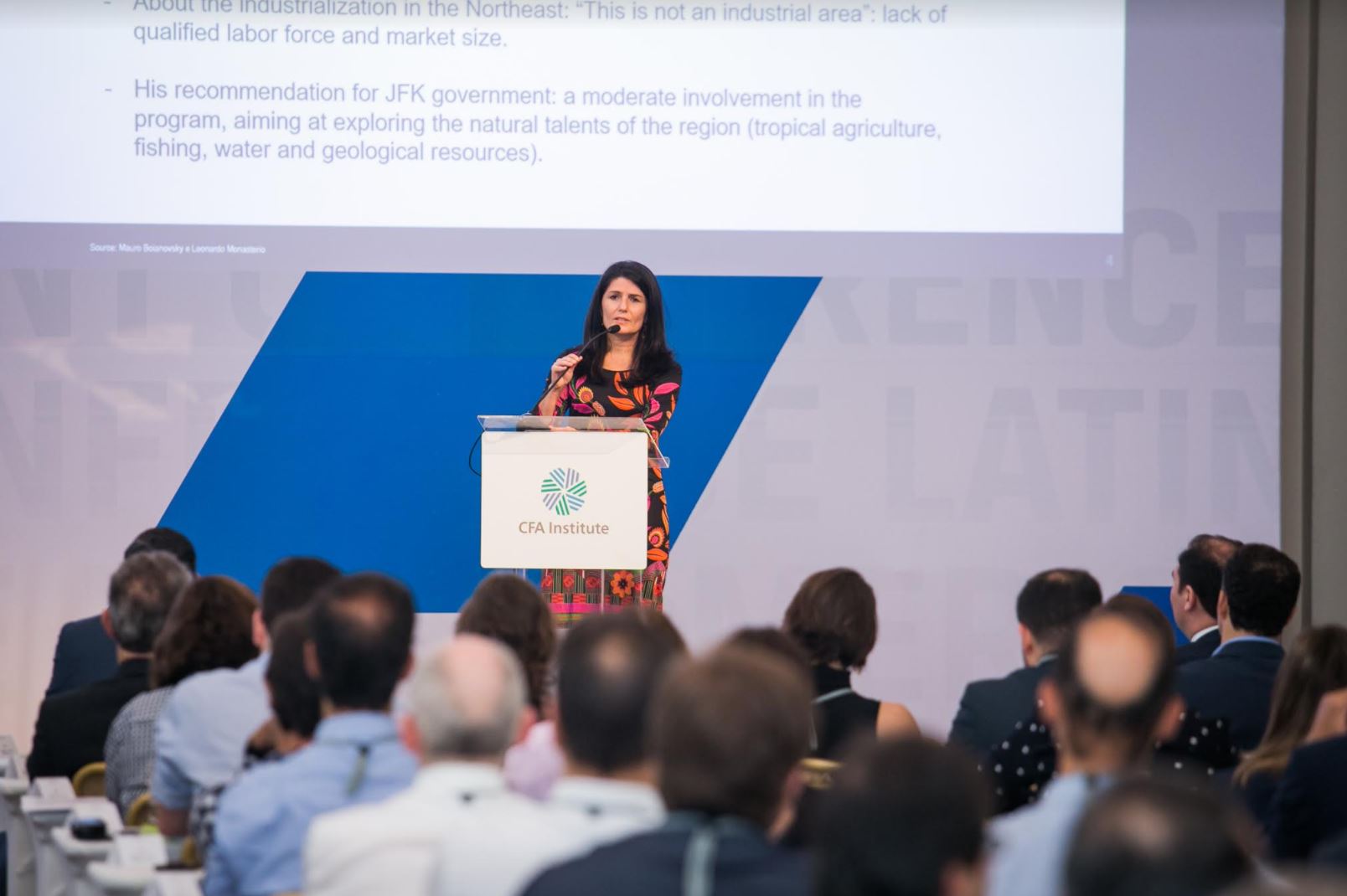The platform already has 700 Brazilian strategies in its portfolio as its U.S. operations advance, with over 100 funds from 30 international asset managers.
It’s no secret that the international fund business faces tough competition in Brazil, a country with very favorable interest rates. However, the business is progressing due to the growing need for investor diversification. Today, XP’s portfolio holds around $1 billion in international offerings, most of which are hedged in reais.
The Brazilian firm is also investing in expanding its U.S. operations to provide its clients with a broader selection of assets in U.S. dollars.
“XP is focused on expanding its international offering to meet the demand for international investments in both reais and dollars,” Cintra states, noting that the broker’s U.S. operations have grown significantly in the past year, with more than 100 funds now available. “I see the dollar segment growing at an even faster pace,” he adds.
Cintra further mentions that client demand for dollar accounts has increased, as any brokerage client can easily ‘dollarize’ their assets or a portion of them via the app, in a simple process with a low minimum ticket of around $1,000. “It’s much easier,” he says.
“We are in talks with global managers to add more funds to XP USA, serving both Brazilian and U.S. clients,” he adds.
Investment Funds: A Growing Demand
Tax exemptions and attractive returns are creating space for exchange-traded funds within XP Investimentos’ vast portfolio. With more than 700 funds, absorbing over 300 billion reais, the platform is experiencing increasing demand for Infrastructure Investment Funds (FIP), Real Estate Funds (FII), and Agribusiness Investment Funds (Fiagros).
“CRI funds, for example, are very attractive because they distribute tax-free earnings, which is a major differentiator for investors, especially in a high-interest-rate environment,” explains Cintra, the head of XP’s fund analysis team.
These funds, which are traded on B3 and Cetip, have attracted both retail investors, particularly high-net-worth individuals, and institutional investors, such as family offices. Pension funds, which already benefit from tax advantages, have also been drawn to these funds, especially FIPs, according to Cintra.
“Brazilian investors prefer fixed income, especially in the current scenario of high interest rates. And, when combined with tax exemptions, these funds become even more attractive,” he says, adding that this type of strategy has also offered good credit rewards. Some, like FIIs, pay monthly dividends. “Some funds pay up to 1% per month, net of taxes,” says Cintra, who is seeking new FIP and FII options for investors.
Curation: Track Record, Performance, Guarantees, and Solid Origination
XP has a stringent process when selecting new funds, says Cintra, who focuses on managers with a proven track record. “I look for managers with a solid performance history, good origination and collateral management, and strong access,” he explains.
“Our team conducts a thorough technical analysis of managers and funds. It’s a meticulous process, where we analyze the fund structure to understand what assets will make up the portfolio,” he says, adding that it’s also necessary to assess all levels of collateral behind the assets, such as credit rights.
XP also evaluates the structure of the fund’s tranches. “For example, a subordinated tranche is the first to absorb losses, which is why we analyze the level of this ‘safety cushion.’ There are many technical aspects we observe during due diligence to ensure that the fund has the right configuration and that the credits are of high quality,” he says.
**Tightened Spreads Due to Demand for Credit and Infrastructure Funds**
According to Cintra, the high demand for credit and infrastructure assets has compressed spreads, “which requires an even more careful selection process regarding both the managers and the securities that make up these funds,” he says. He adds that he is actively seeking more partnerships in this asset class.




 By Fórmate a Fondo
By Fórmate a Fondo